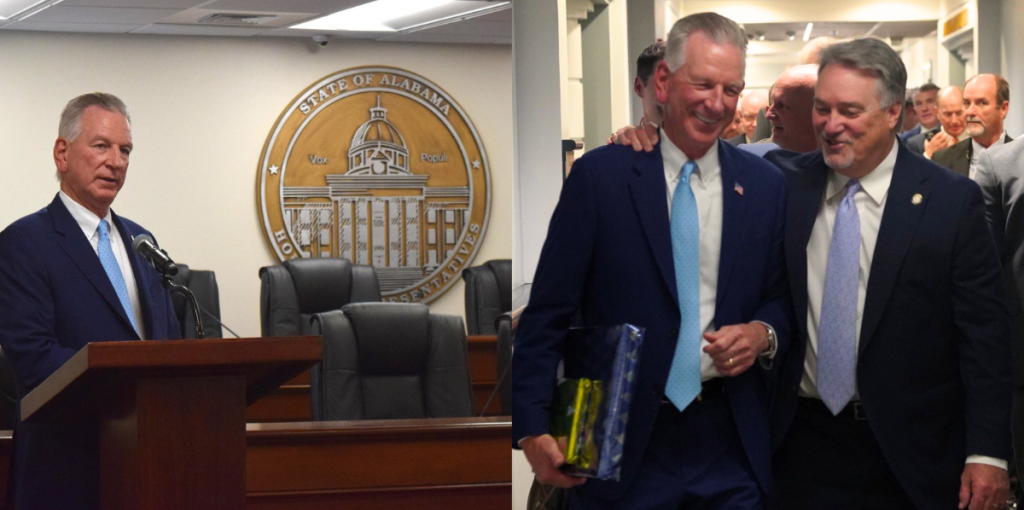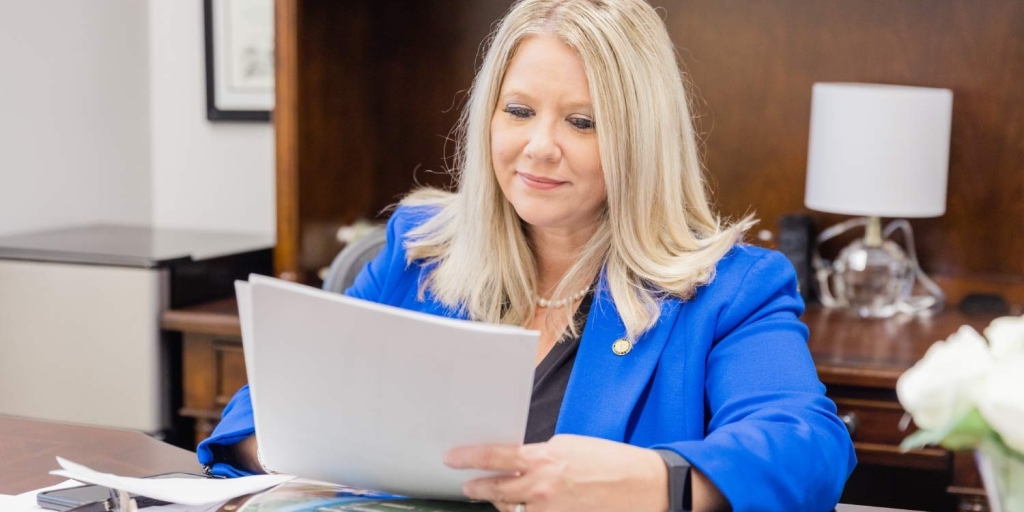As Alabama gears up for another year of legislative debate when lawmakers reconvene for the 2025 state legislative session, one topic that refuses to disappear is Medicaid expansion. For years, Alabama has been one of the few states to hold out. 41 states have now expanded, North Carolina and South Dakota being the most recent.
This year, the Mississippi Legislature considered an expansion proposal, but later rejected it over disagreements primarily related to implementing a work requirement, which was uncertain to be federally accepted under the current Biden-Harris administration.
According to a new report by the Alabama Policy Institute, “Medicaid Expansion in Alabama: Responsibilities, Costs & Consequences,” that entanglement between Alabama and the federal government is a chief concern about the state’s long-term fiscal health.
The report argues that expanding Medicaid would deepen Alabama’s dependency on federal dollars, making the state vulnerable to changes in federal policy. Currently, the federal government covers about 72% of Alabama’s Medicaid costs, but this contribution could fluctuate based on political shifts in Washington.
API highlights that any federal cuts to Medicaid funding, whether due to budget constraints or policy changes, would leave Alabama scrambling to cover the shortfall, forcing the state to make tough choices — either drastically cut other essential services or raise taxes to make up the difference.
RELATED: API’s Stephanie Smith: Expanding Medicaid ‘discourages work’
“Additionally, it has been projected that Medicaid expansion would add an average additional state cost of $225.4 million per year. The estimate began with a forecast of $208 million in 2022, but the costs keep increasing every year, reaching $243 million in 2026,” API argues in their latest report.
“Therefore, the trend suggests that in the long run, the costs will continue to rise, an amount that will be paid from the state General Fund budget. As the state Medicaid match requirement increases, less money will be available to fund other General Fund budget priorities, creating a shortfall that will have to be filled through budget cuts or new revenues paid by Alabama citizens and businesses. This could include higher taxes on medical providers, which would then be passed on to citizens in the form of higher overall medical costs.”
Timely to a recent legislative effort by state leaders to increase the state’s labor force participation rate, API argues that expanding Medicaid could actually harm those efforts, and drive Alabama’s rate down further into one of the lowest in the country.
“Data shows that while Medicaid has expanded, the Labor Force Participation rate nationally has decreased…After Medicaid expansion, full-time work among the study population of non-disabled, low-educated, childless adults aged 50-64 decreased by 7.06%67. Another study showed that, after expanding Medicaid, there was a reduction in employment in individual states by an average of 1.6%,” API writes.
RELATED: Ledbetter on possible Medicaid expansion: ‘We do need to have a dialogue’
Alabama is also likely considering some form of Medicaid expansion through a public-private partnership. This would mean the state contracts with private healthcare providers, such as Blue Cross Blue and Shield of Alabama, to cover those who fall below a certain income threshold but don’t qualify for traditional Medicaid. Proponents argue that this method could bring competition and stability to Alabama’s healthcare system by infusing private market efficiencies while drawing on federal expansion dollars to cover a large portion of the cost.
API argues this isn’t as straightforward as it seems. Other states, like Arkansas, Iowa, and New Hampshire, have tried this route.
“We can only measure the performance of the public/private model by comparing it to what other states have done. Arkansas decided to further expand their Medicaid program with a public-private partnership. According to a study made by the Foundation of Government Accountability, it has been a failure.”
In Alabama, the authority to expand Medicaid rests solely with the executive branch. Earlier this year, Governor Kay Ivey’s office said “she remains concerned for how the state would pay for it long-term.”
Grayson Everett is the state and political editor for Yellowhammer News. You can follow him on X @Grayson270













